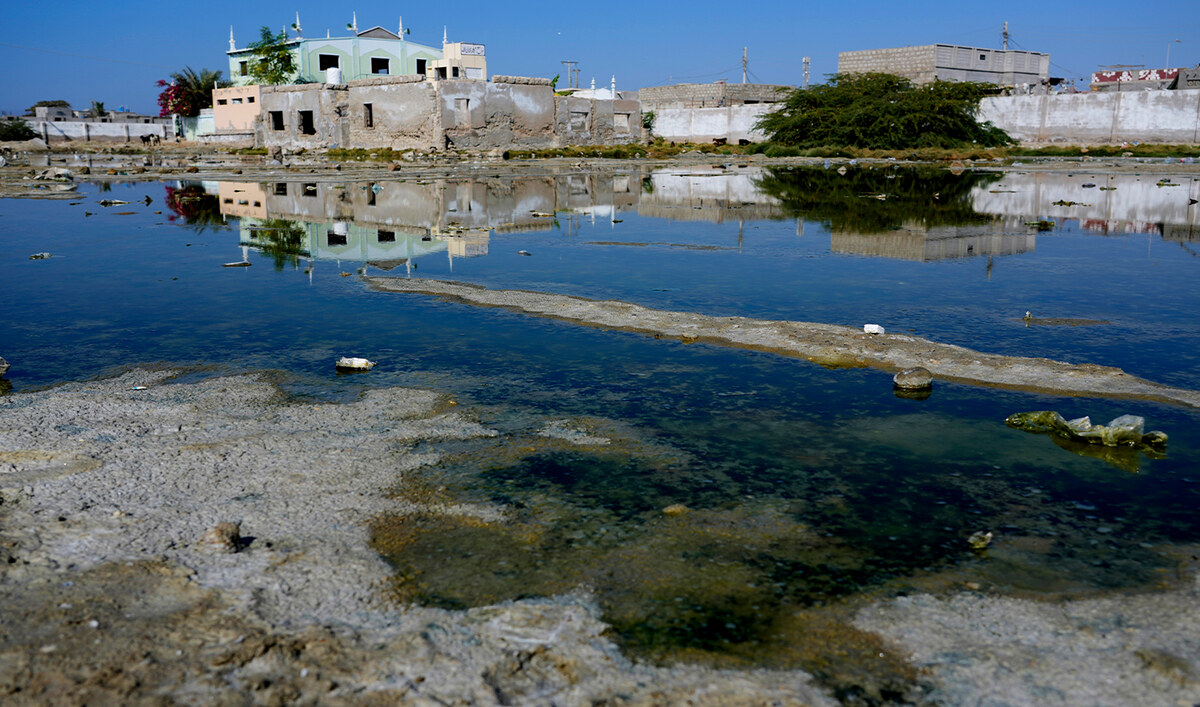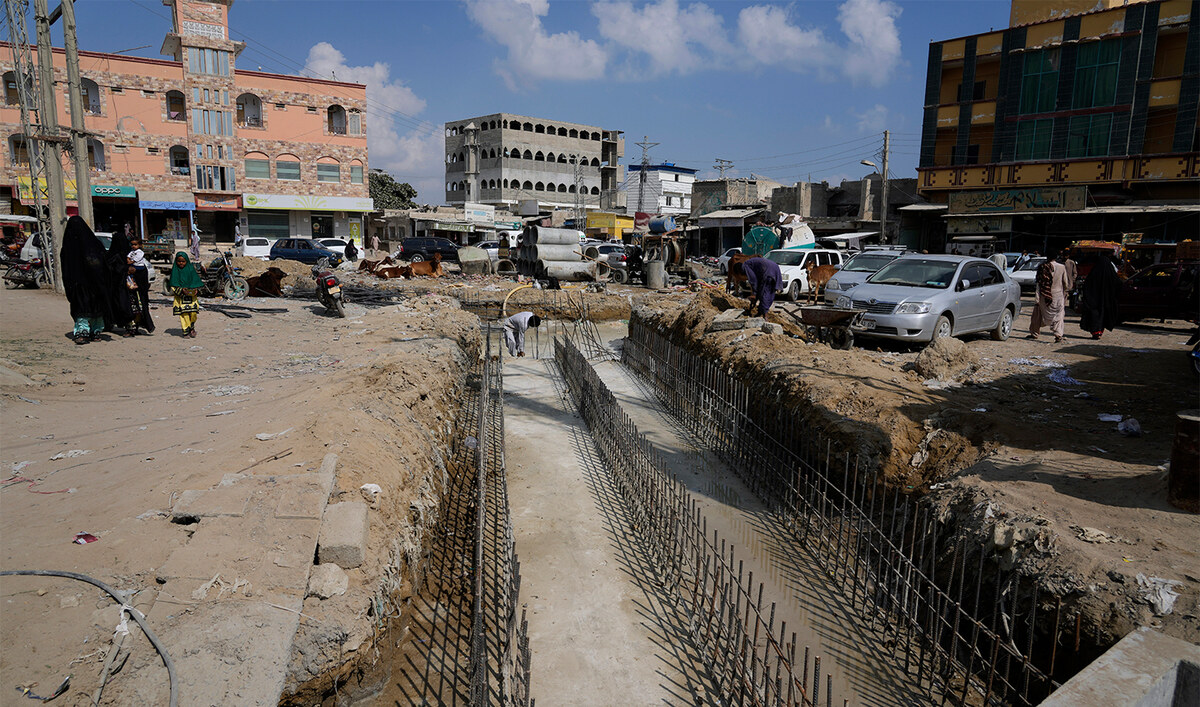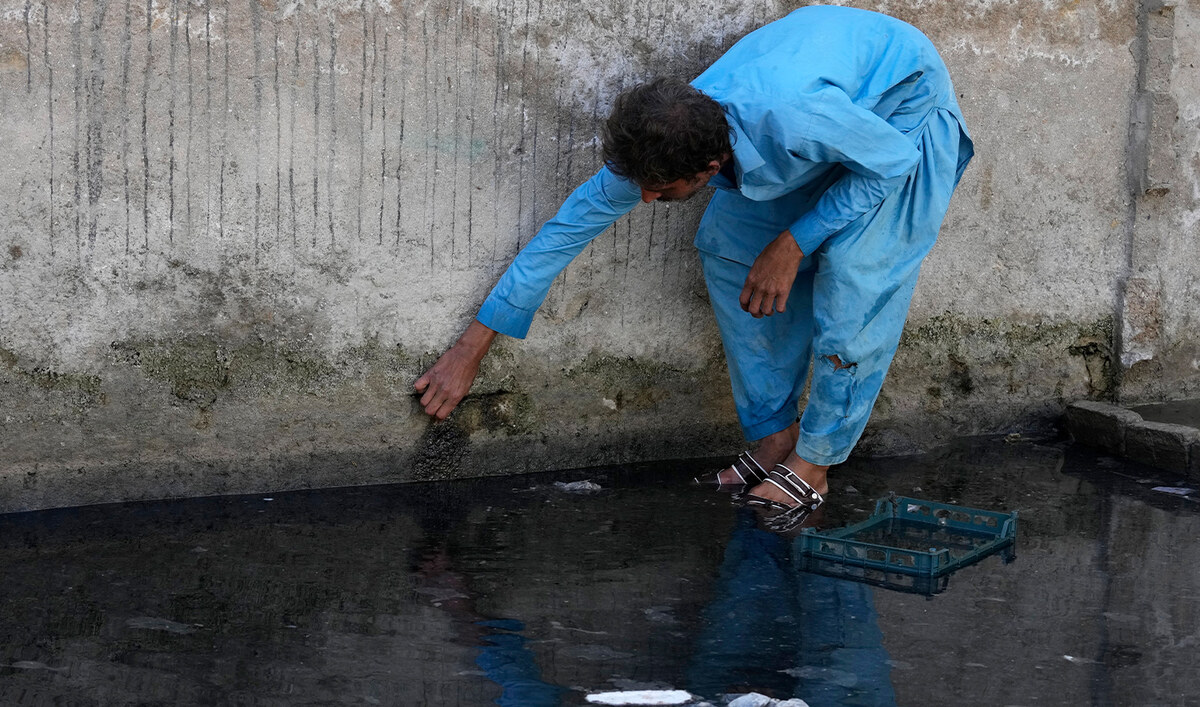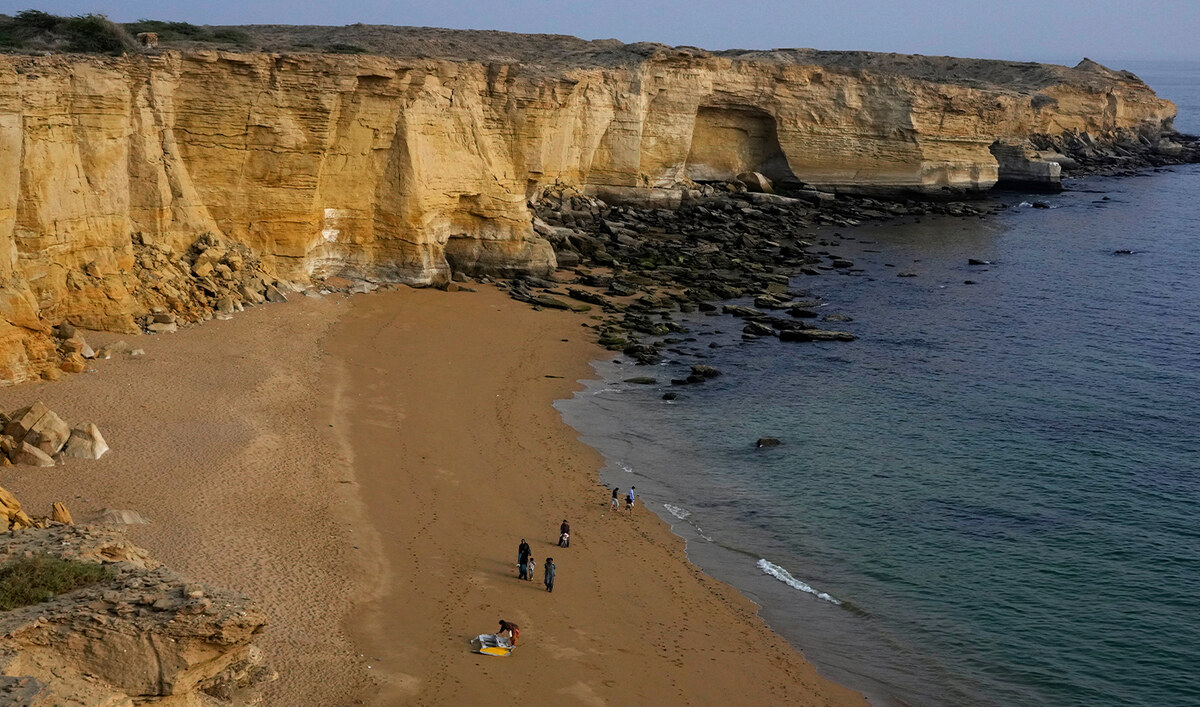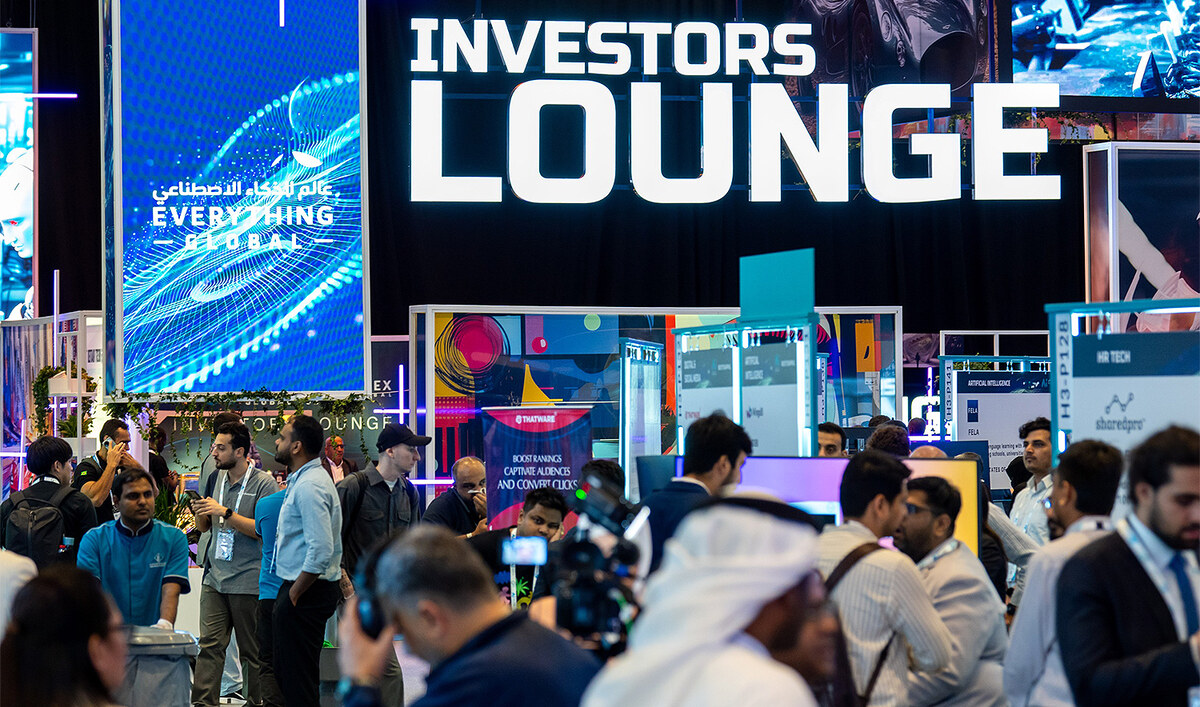ISLAMABAD: Prime Minister Shehbaz Sharif is scheduled to visit Saudi Arabia on the invitation of Crown Prince Mohammed bin Salman to attend a two-day World Economic Forum (WEF) meeting in Riyadh starting April 28, the foreign office of Pakistan said on Friday.
The two countries share cordial relations and have witnessed high-level official exchanges in recent years to further consolidate their ties, with Saudi foreign minister Prince Faisal bin Farhan visiting Pakistan earlier this month to discuss a spectrum of issues with the administration in Islamabad.
Prior to that, the Pakistani prime minister met the Saudi crown prince in Makkah to discuss the kingdom’s commitment to expedite its investments worth $5 billion.
“Prime Minister Muhammad Shehbaz Sharif and Foreign Minister Mohammad Ishaq Dar will attend the World Economic Forum Special Meeting on Global Collaboration, Growth and Energy to be held in Riyadh, Kingdom of Saudi Arabia, from 28-29 April 2024,” foreign office spokesperson, Mumtaz Zahra Baloch, said during her weekly media briefing.
“They have received the invitations from HRH Muhammad bin Salman bin Abdulaziz Al-Saud, Crown Prince and Prime Minister of the Kingdom of Saudi Arabia and Professor Klaus Schwab, the Founder and Executive Chairman of the World Economic Forum,” she continued.
Baloch said the occasion would allow the Pakistani delegation to interact with foreign leaders and heads of international organizations.
“The high-level participation in the Forum will afford an important opportunity to present Pakistan’s priorities specifically in global health architecture, inclusive growth, revitalizing regional collaboration and the need for striking a balance between promoting growth and energy consumption,” she added.
The prime minister will also attend the 15th session of the Islamic Summit Conference organized by the OIC on May 4-5 in the Gambian capital of Banjul to discuss a variety of regional and global issues, including Palestine, Islamophobia, climate change and the status of minorities, state-run APP reported.
The session will be held under the slogan “Enhancing Unity and Solidarity through Dialogue for Sustainable Development,” according to a press release issued by the OIC General Secretariat.
The Islamic Summit Conference attended by Sharif will be preceded by a preparatory meeting of senior officials on April 30 and May 1, who will discuss the documents of the session and submit a report to a preparatory meeting of the Council of Foreign Ministers (CFM).
“The preparatory CFM meeting will be held on May 1-2 to consider the results of the senior officials meeting and in turn, submit its report to the Summit,” the OIC said.
“Leaders of the member states will discuss the political issues of the Islamic world, most notably the Palestinian cause, and the economic, humanitarian, social and cultural issues, in addition to the issues of youth, women, family, science and technology, information, Muslim communities and minorities in non-OIC member states, and legal matters,” the OIC said.
The Summit will also tackle issues related to hate speech and Islamophobia, the promotion of dialogue, climate change and food security.
“The 15th session will issue a final communique that includes the OIC positions on the issues submitted to the Summit, a resolution on Palestine and Al-Quds Al-Sharif, and the Banjul Declaration,” the OIC added.
The Islamic Summit is a principal organ of the OIC focused on the formulation, development, and implementation of decisions made by 57 member states. The Summit is attended by concerned heads of state such as prime ministers, presidents, emirs and other equivalent heads.







